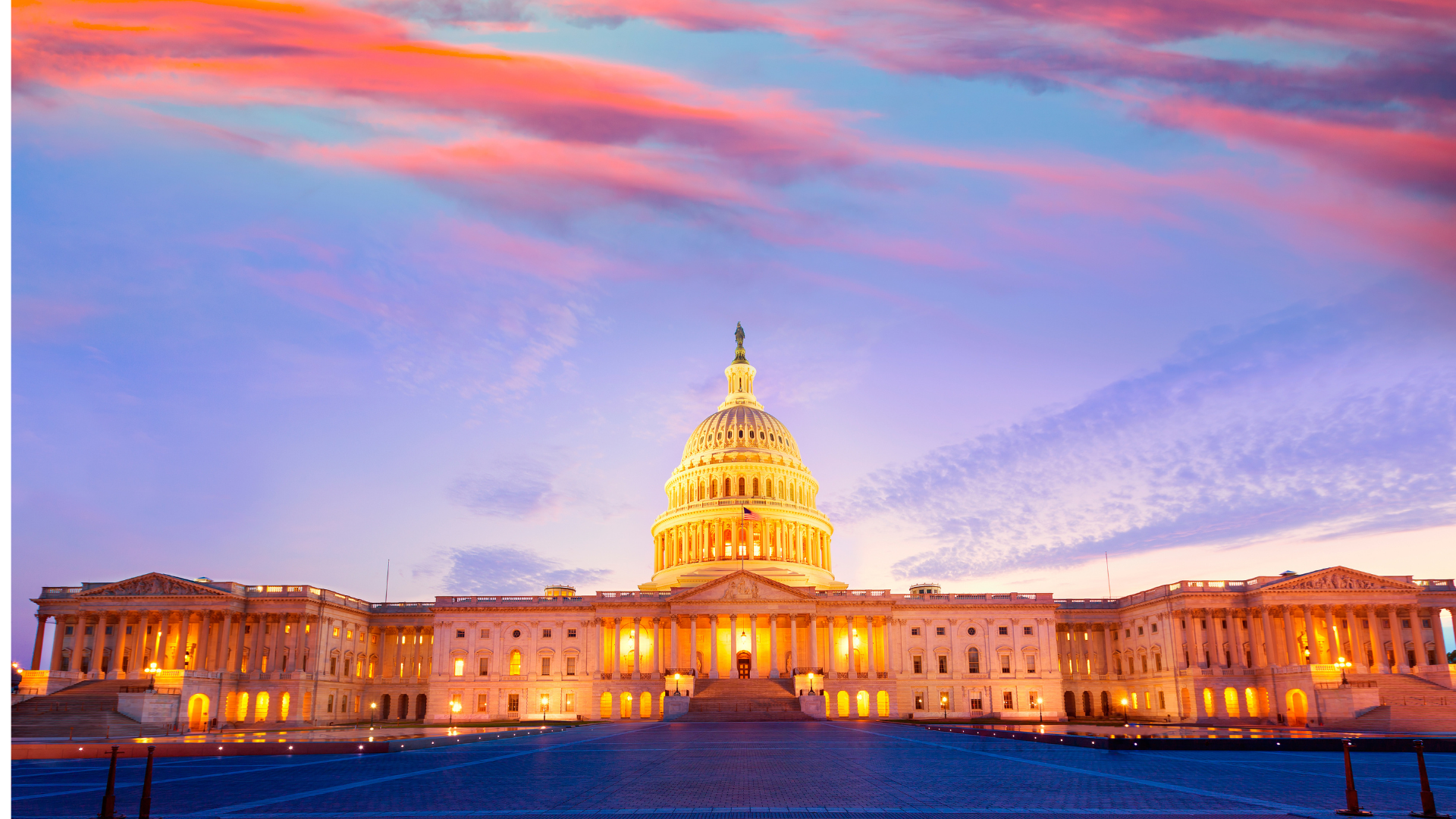The Marijuana Justice Act of 2017
Senator Cory Booker of New Jersey recently introduced the Marijuana Justice Act , an innovative plan that expands marijuana decriminalization on a federal level. Sen. Booker’s comments to Fortune highlighted that states should move towards legalization. His bill provides states with the potential “to change their laws to stop continuing to enforce the law in an unjust matter… to end the disproportionate targeting of poor people.” Not only does the Marijuana Justice Act move towards legalization by de-scheduling marijuana, but it creates opportunities for conviction appeals, community investment, and what Sen. Booker describes as undoing the “damage done to communities and families.”
How does the federal classification of marijuana as a schedule I drug enforce racist and classist paradigms? Or, how is the law being wrongly enforced?
Vox news picked up the story (available here ), and extrapolated upon what Sen. Booker means by “disproportionate targeting.” Vox uncovered statistics from the Sentencing Project, a non-profit studying incarceration rates, who “estimated that black Americans are 3.7 times as likely to be arrested for marijuana possession as their white counterparts, but only 1.3 times as likely to use pot.” Additionally, researchers found Americans of all ethnicities are increasingly targeted for marijuana offenses if they are low-income.
These days, the success of the medical marijuana movement and the promise of economic stimulation has led to eight states and the District of Columbia legalizing recreational use. However, since marijuana remains illegal on the books for recreational use in most states, these states habitually target poor, largely minority communities, not all marijuana users. Punishments became applied inequitably, with the poor and minorities more likely facing arrest and imprisonment and/or fines.
What will Sen. Booker’s bill cover?
The first portion of the bill removes marijuana from it’s Schedule I classification under the Controlled Substance Act, the legal body of work that makes certain drugs illegal and provides the framework for punishment for possession, manufacturing and/or distribution of illegal substances. It would also eliminate the current prohibition on interstate transportation of marijuana. Currently in states where marijuana is legal for medical purposes lawmakers have to draw up special bills and protections to protect drivers carrying the medicine. This clause eliminates this confusion by making it no longer illegal to transport marijuana to patients and/or medical marijuana dispensaries.
Next, the bill defines what constitutes disproportionate arrests or legal actions. In states where more minorities get arrested for a marijuana-related offense than the non-minority citizens, this indicates bias. In states where individuals who are low-income face arrest in higher proportion than those of means, this also indicates bias. These states would be punished for their unfair enforcement practices by being cut off from receiving federal funding designed to expand their jails and prisons.
While this provides jobs for certain sectors of the populace, those arrested are hit with huge financial set backs and their families often suffer due to family members being locked up. Thus, Cory Booker’s bill seeks “retroactive expungement” opportunities. After all, when people are serving time for possessing drugs that are now legal, they should receive an opportunity for challenging the original ruling as the law is no longer applicable.
Lastly, the bill urges the Secretary of Housing and Urban Development to “reinvest in communities most affected by the war on drugs” by providing grants. The grants will cover job training, reentry services, and conviction expungement costs. They will breathe life into communities by giving public spaces back to the public with funds for libraries, community centers, and programs and opportunities which would be specifically dedicated to underprivileged youth.
What are the odds of the bill’s passage in this political climate?
If the Marijuana Justice Act sounds too idealistic, it’s actually not as far-fetched as one might think. Vox pronounced that “the bill faces no chances of getting through Congress.” However, the bill serves to inform Americans about the real, unjust circumstances their fellow Americans face. A recent LA Times opinion on the Marijuana Justice Act noted that “states that choose not to legalize marijuana would lose federal criminal justice funding if their enforcement has a disproportionate effect on poor and minority individuals. Most states would fail that test.” While legalizing marijuana isn’t likely at the top of the Trump agenda, making the law fair for all citizens and medical marijuana accessible needs adoption by the current Congress.
What are your thoughts on the Marijuana Justice Act?
If you own a cannabis business, are you hiring minority workers?
3C cares about social justice issues which have plagued the cannabis industry in the past. Let’s move forward and treat each other with dignity and respect. It’s an important issue which needs to be addressed as we move forward toward federal legalization.




